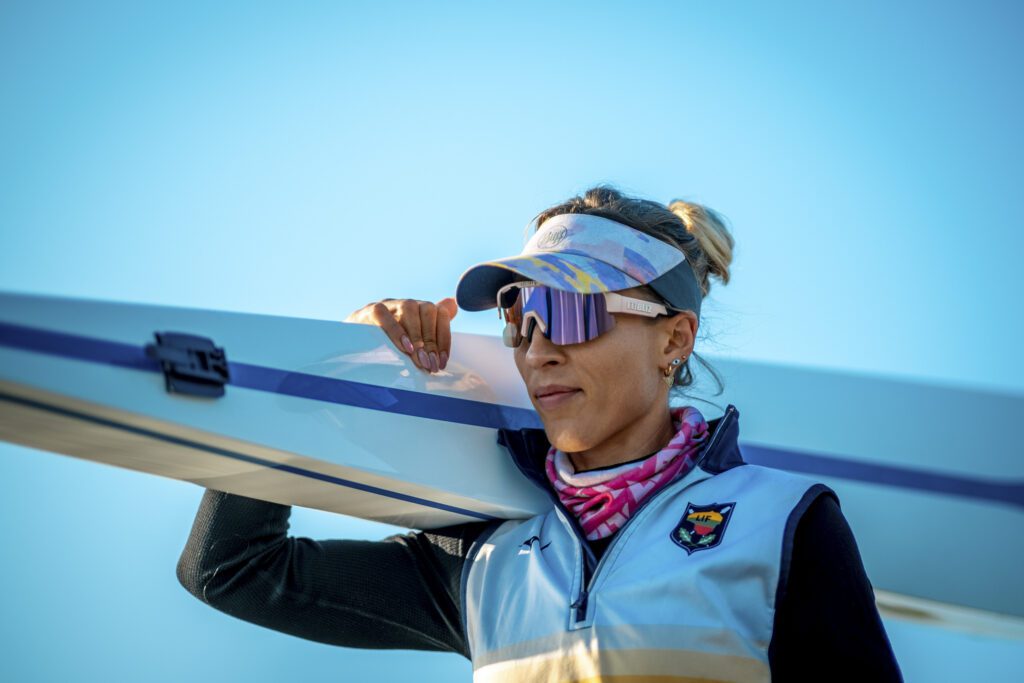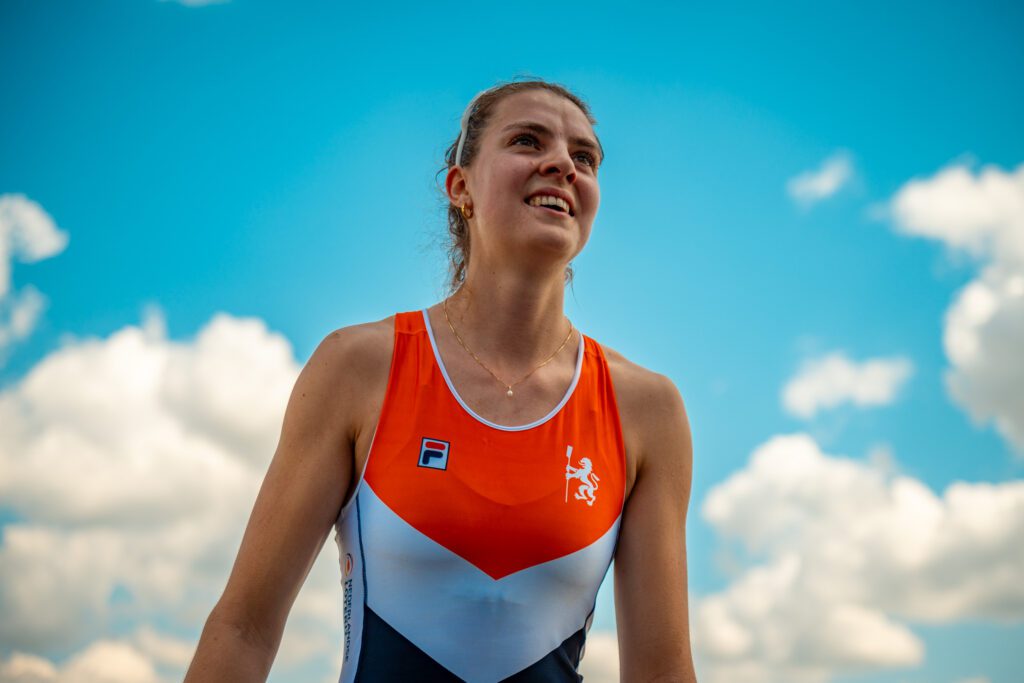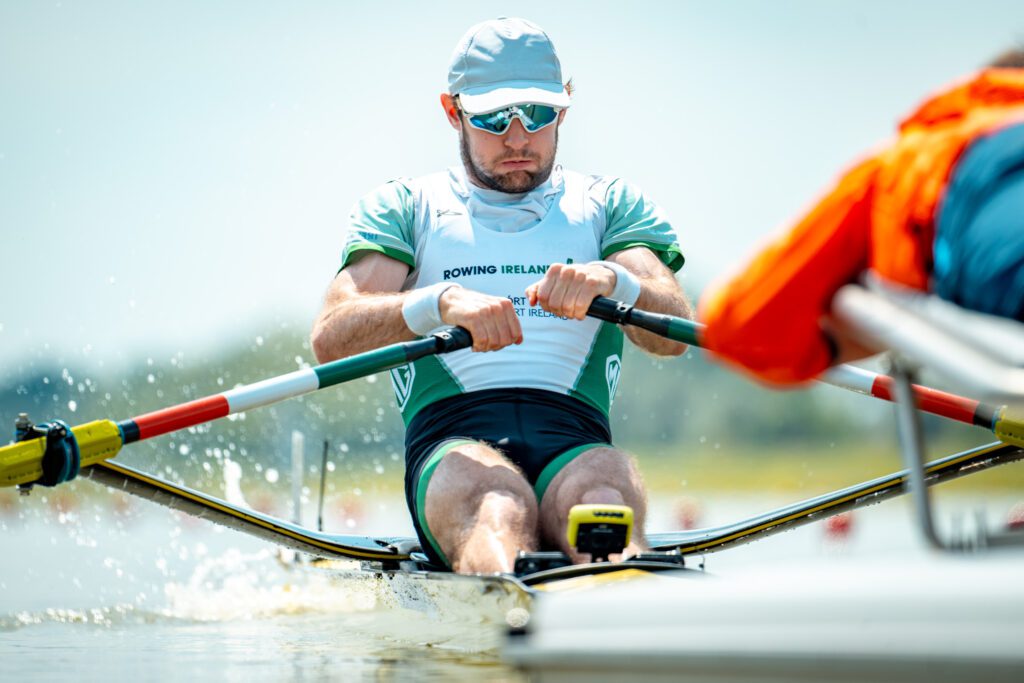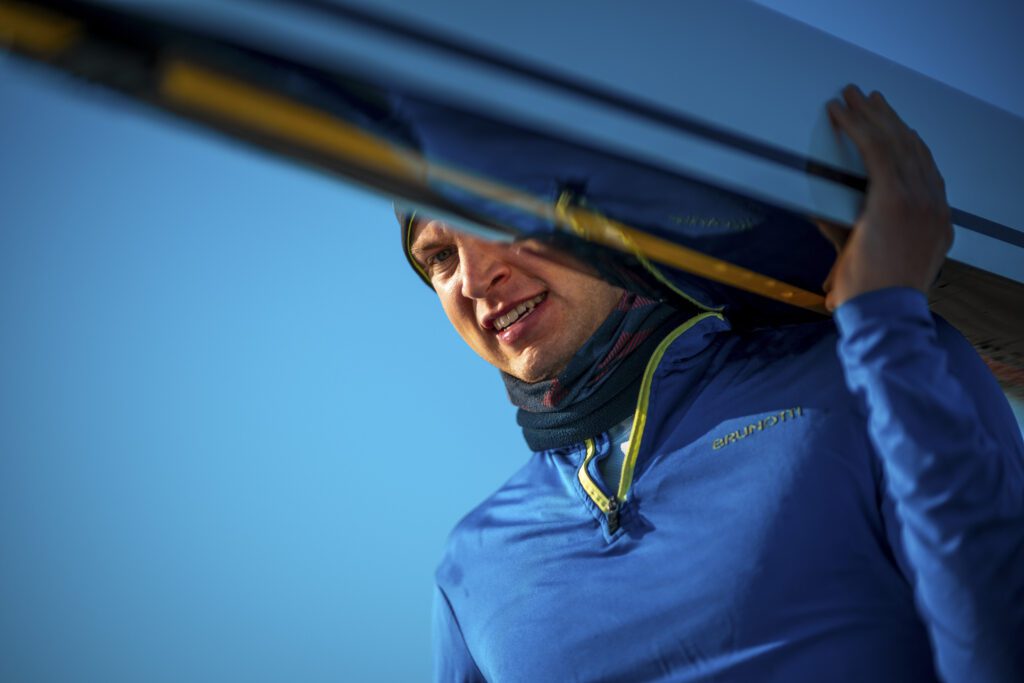British Rowing has published a statement via it’s website in response to a BBC Panorama documentary aired in the UK on Monday evening. The documentary titled “Sport’s Hidden Crisis” examines the hidden extent of eating disorders in British sport.
Featured in the documentary is former GB Paralympic rower Rachel Morris who won gold medals while competing for Britain in rowing and cycling. She has a history of eating disorders, beginning with an anorexia diagnosis as a teenager, that later developed into bulimia.
Morris describes her experiences as a professional athlete, saying there was a lack of support with her issues around eating, something British Rowing denies.
See the full statement from British Rowing below:
British Rowing’s response to BBC Panorama (23 September 2020)
Senior athletes in the GB Rowing Team are grouped into a number of squads each with different weight management requirements. Paralympic and openweight Olympic rowing (men and women) do not have weight categories, therefore no GB-Para Rowing Team athlete would have to ‘make weight’ in order to race. Our Para squad and openweight men’s and women’s squads have general target racing weights for fitness and speed but not in a strictly managed way.
Our lightweight men and women and our coxes fall in to weight-managed competition categories and need to meet particular weights before a race in accordance with FISA competition rules. All of our lightweights and coxes will have their own personal weight management plan which is monitored by our sport science and medicine team and their coaches. These plans do not include rapid weight loss methods, which are detrimental to performance and health. While the majority of weight management will be achieved through long-term diet and nutrition, fluid loss is a common pre-race strategy managed by our sport science and medicine team. We cannot categorically deny the anecdote about bin liners as an athlete may have done this without informing staff or coaches but it is not something we have knowledge of or recommend.
Within the GB Rowing Team we take all aspects of athlete health and welfare very seriously. We recognise that weight management strategies can give rise to problems such as preoccupation with food and disordered eating; each GBRT lightweight rower will work closely with their coach, physiologist and nutritionist who will flag any health and wellbeing concerns with our Chief Medical Officer.
If any athlete informs us of an eating disorder – or if we become aware of one – they are offered appropriate help and support. Due to confidentiality we are unable to comment further on any specific, individual case but we are only aware of one athlete with a known eating disorder over the past two Olympic and Paralympic cycles. We believe that currently none of the c.80 athletes in our senior squads have declared or known eating disorders.
As a team, we encourage our athletes to have a positive relationship with food. We have a full-time chef at our training centre who works with our nutritionist to create meals which provide fuel for training while also being enjoyable.
We categorically deny any of our coaches called one of the Paralympic rowers a ‘nutter’. The 2016 Para-rowing team were an outstanding group of nine athletes who all returned from Rio as medallists (eight gold and one bronze) and there were no weak links.
Alongside the statement published on the British Rowing website, British Rowing say: “Rachel was a valued member of our Paralympic team in the Rio cycle and her allegations are upsetting to hear. We have today made contact with Rachel asking to meet her in order that we can better understand the allegations and take any necessary action.”
Readers in the UK can watch the Panorama episode “Sports Hidden Crisis” via BBC iPlayer.



